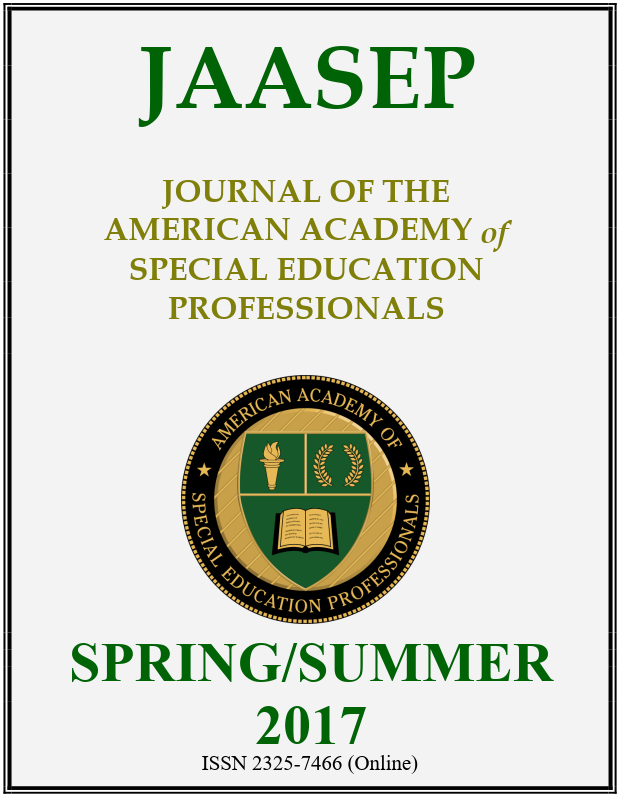How Early Experiences in a Kindergarten Classroom Shape the Development of Self-Regulation Skills of Children
Providing the support that children need to build self-regulation skills has come to the forefront for educators today. This study investigated how kindergarten students (N=19) improved their self-regulation skills through direct instruction and effective scaffolding techniques. Selfregulated instruction was adapted to behavior activities for three months. Data were collected from 19 heterogeneously grouped students in an experimental (N=19) classroom. The effects of self-regulation interventions were administered through an individual pre- and post- student questionnaire on self-regulation. Descriptive statistics for post-test student questionnaires show no statistical significance in emotional regulation, goal setting, and behavioral regulation. Descriptive statistics for the Teacher Child Behavior Rating Scale (CBRS) show a statistical significance in areas assessed by the classroom teacher. The results of this study suggest that the participants increased self-regulation skills due to appropriate interventions. Self-regulated learning positively affected performance.
Darcy, E., Sarette, S., Boghigian, A., & Martin, M. (2017). How Early Experiences in a Kindergarten Classroom Shape the Development of Self-Regulation Skills of Children. Journal of the American Academy of Special Education Professionals, 12(2), 15-27. https://doi.org/10.64546/jaasep.334
Downloads
Article Information
- Article Type Articles
- Submitted April 10, 2017
- Published June 15, 2017
- Issue Spring/Summer 2017
- Section Articles
